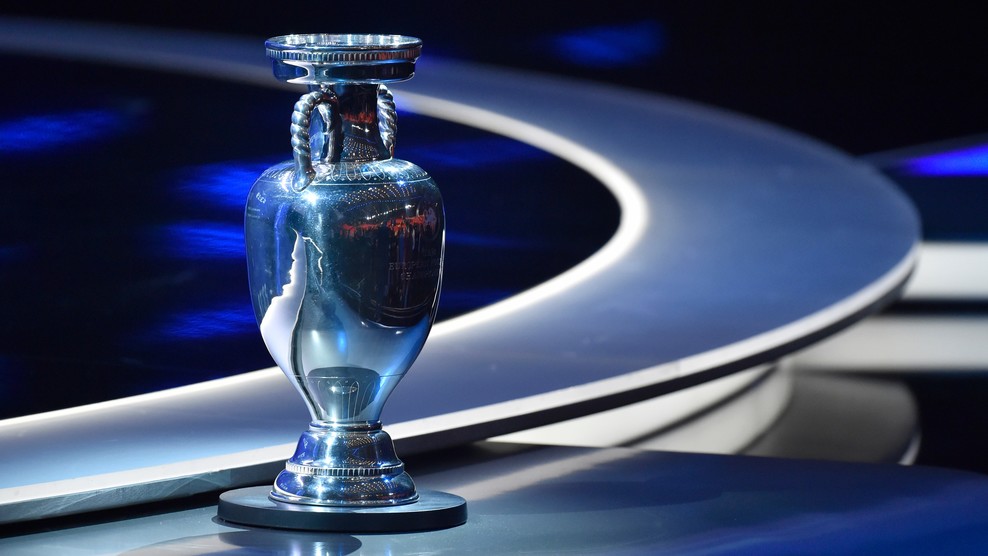By Andrew Warshaw in Nyon
September 26 – UEFA president Aleksander Ceferin faces one of the most challenging decisions of his two-year tenure tomorrow when UEFA votes on who will stage Euro 2024.
Eight years ago it was his predecessor Michel Platini’s decisive vote that broke Turkish hearts in handing Euro 2016 to France by a single vote and once again the man at the top of European football’s governing body could have a vital role to play when UEFA’s executive committee conducts a secret ballot to decide whether to go for Turkey at their fourth time of asking or for the safe option of Germany.
After much deliberation amid heightened speculation that he would be absent, Italy’s Andrea Agnelli has confirmed his participation meaning there are likely to be 17 votes in all, with a straight majority required. Both Germany’s and Turkey’s executive committee representatives cannot vote while Sweden’s Lars-Christer Olsson, the former UEFA CEO, is understood to be too ill to travel.
The participation of Agnelli, chairman of the European Clubs’ Association, has raised Turkish hopes of victory despite the country’s underdog status. Turkish bid officials have earmarked the Italian powerbroker as a potentially decisive supporter though Ceferin’s position could be equally pivotal.
Even though the Slovenian has stated his neutrality throughout the bid process, ever since coming to power two years ago he has been keen to enhance the status of Europe’s have-nots. While Turkey does not exactly fall into that category, it is some distance behind Germany both when it comes to success on the field and organisational reputation off it.
The Turks believe this is their time, however. “If not now, then when?” has been the constant mantra in the build-up to Thursday’s ballot at UEFA headquarters.
Several issues are at stake, not least how much weight will be given to UEFA’s evaluation report into both candidates’ credentials which flagged up Turkey’s human rights record as one key concern.
Another factor will be which of the two candidates can present the most persuasive argument at their respective final presentations on the morning of the vote. This could potentially work in Germany’s favour since the process is a brief video followed by a 15-minute Q and A session, with no formal address to delegates. “Whether this is the best format for Turkey to push out its message must be questionable,” said one source close to the bid process.
Interestingly, unlike the recent 2026 World Cup ballot, it is understood UEFA experts did not travel to the respective contenders to see facilities for themselves, relying mainly on the respective bid dossiers. “That does not give you the same feel for a nation as actually going there,” said the afore-mentioned source. “Turkey is obsessed by football.”
Which is exactly the drum Turkey’s bid team will be beating in the final hours of lobbying, making the case for opening up new frontiers and growing the game as well as handing UEFA potentially greater profits as an untapped revenue source by holding the tournament in a country that straddles Europe and Asia.
Spearhearding their campaign’s final push into the small hours of Thursday morning will be Turkey’s federation vice-president and UEFA exco member Servet Yardımcı who is even switching his accommodation tonight (Wednesday) to the official UEFA hotel so as not to leave any stone unturned.
While Turkey can almost certainly count on the votes of Ukrainian Grigory Surkis, Croatia’s Davor Suker and Bulgaria’s Borislaw Mihailow, Germany are understood to have nailed down the representatives from England, Portugal, France, Hungary and Switzerland. That still leaves all to play for.
“Germany has a proven track record in hosting events but Turkey is a new market,” insists Yardımcı. “We are a completely new frontier because they [UEFA] will attract more supporters, more sponsorship, more excitement. It will bring an added value to the revenue UEFA is looking for. UEFA would definitely be much stronger financially if Turkey is the host.”
As bidding history shows, however, past failures often count for little or nothing.
Contact the writer of this story at moc.l1745045424labto1745045424ofdlr1745045424owedi1745045424sni@w1745045424ahsra1745045424w.wer1745045424dna1745045424

